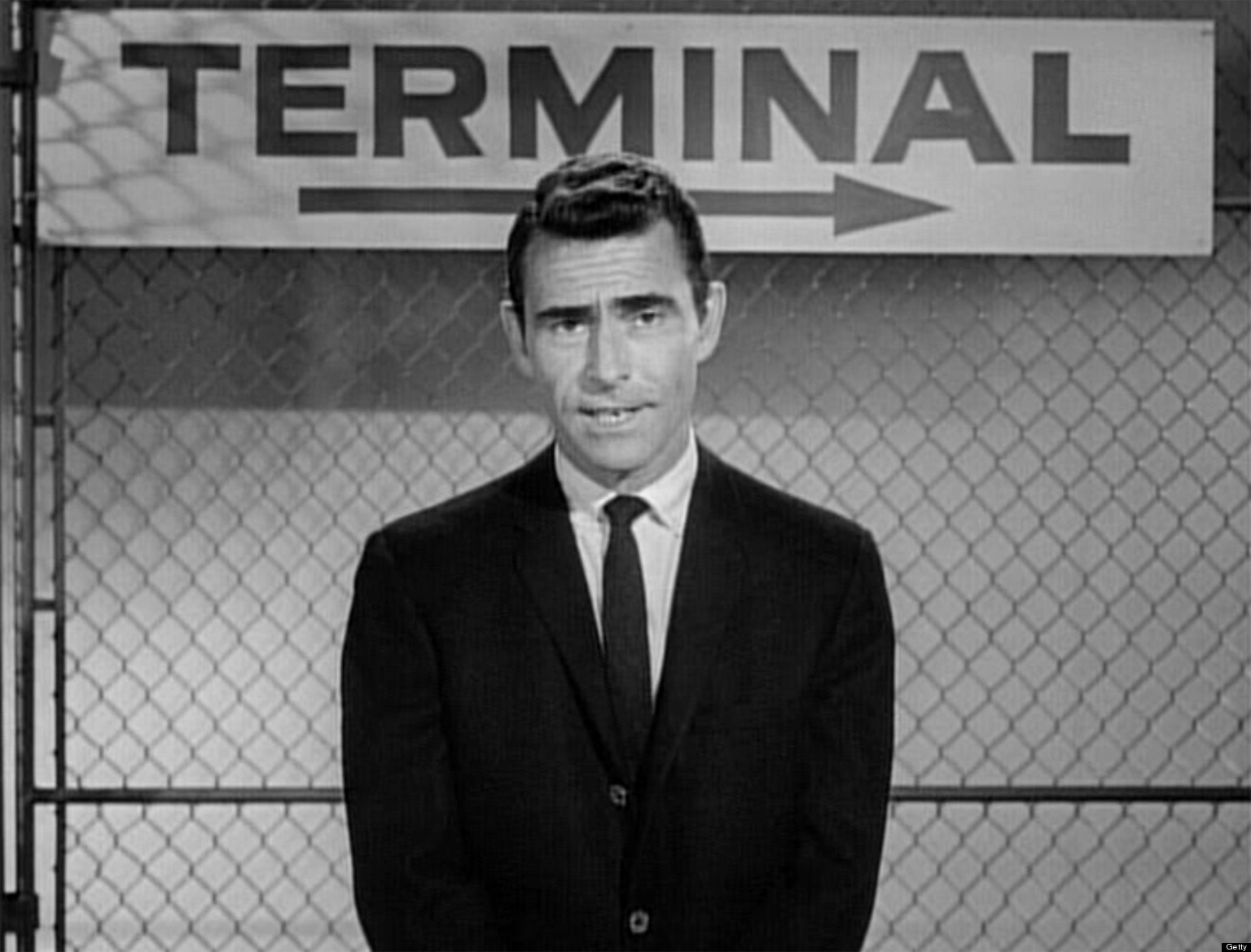- Welcome to Cook'd and Bomb'd.
-
:format(jpeg):mode_rgb():quality(90)/discogs-images/R-4393136-1459115193-8619.jpeg.jpg) Perfect sub 1 minute songs...
by SteveDave
Perfect sub 1 minute songs...
by SteveDave
[Today at 03:08:38 PM] -
 Laurence Fox loses court case...
by Sonny_Jim
Laurence Fox loses court case...
by Sonny_Jim
[Today at 03:06:45 PM] -
 If you had to shag an animal...
by Sebastian Cobb
If you had to shag an animal...
by Sebastian Cobb
[Today at 03:06:41 PM] -
:format(jpeg):mode_rgb():quality(90)/discogs-images/R-4393136-1459115193-8619.jpeg.jpg) Sam Campbell UK tour
by SteveDave
Sam Campbell UK tour
by SteveDave
[Today at 03:06:19 PM] -
 Trans Mania: Graham Linehan...
by Terry Torpid
Trans Mania: Graham Linehan...
by Terry Torpid
[Today at 02:58:12 PM] -
 A dream
by Underturd
A dream
by Underturd
[Today at 02:56:13 PM] -
 Football Thread 23-24: Part...
by checkoutgirl
Football Thread 23-24: Part...
by checkoutgirl
[Today at 02:54:04 PM] -
 Scotland abandons 75% 2030...
by Sebastian Cobb
Scotland abandons 75% 2030...
by Sebastian Cobb
[Today at 02:53:30 PM] -
 Terrible album covers thread...
by Ballad of Ballard Berkley
Terrible album covers thread...
by Ballad of Ballard Berkley
[Today at 02:49:14 PM] -
 I'm an artist therefore I...
by Mobbd
I'm an artist therefore I...
by Mobbd
[Today at 02:43:00 PM]
Members
 Total Members: 17,826
Total Members: 17,826 Latest: skinnylike
Latest: skinnylike
Stats
 Total Posts: 5,585,562
Total Posts: 5,585,562 Total Topics: 106,770
Total Topics: 106,770 Online Today: 1,083
Online Today: 1,083 Online Ever: 3,311
Online Ever: 3,311- (July 08, 2021, 03:14:41 AM)
Users Online
 Users: 97
Users: 97 Guests: 823
Guests: 823 Total: 920
Total: 920 Uncle TechTip
Uncle TechTip Mr Balowski
Mr Balowski Better Midlands
Better Midlands Underturd
Underturd oilywater
oilywater Steven88
Steven88 AliasTheCat
AliasTheCat lankyguy95
lankyguy95 SteveDave
SteveDave magister
magister Norton Canes
Norton Canes The Late Mike Morris
The Late Mike Morris rilk
rilk Jake Thingray
Jake Thingray tomasrojo
tomasrojo cptpunk
cptpunk Mr Farenheit
Mr Farenheit gmoney
gmoney cosmic-hearse
cosmic-hearse Kelvin
Kelvin Mister Six
Mister Six Sonny_Jim
Sonny_Jim Ruben Remus
Ruben Remus Sarnie Rudeboy
Sarnie Rudeboy druss
druss CharlotteKartoffeln
CharlotteKartoffeln Mr Trumpet
Mr Trumpet Tikwid
Tikwid Blumf
Blumf dgh
dgh Buelligan
Buelligan andyneal2005
andyneal2005 fuzzy sun
fuzzy sun WEARSTHEICECREAM
WEARSTHEICECREAM Theotherside
Theotherside mealy potatoes
mealy potatoes Tiggles
Tiggles Dr Rock
Dr Rock Jimmy the Harp
Jimmy the Harp Agent Dunham
Agent Dunham thatguyfromthatthing
thatguyfromthatthing mrfridge
mrfridge Poobum
Poobum Magnum Valentino
Magnum Valentino Petey Pate
Petey Pate Stone Cold Steve Austin
Stone Cold Steve Austin CS Lewis Jr.
CS Lewis Jr. JesusAndYourBush
JesusAndYourBush privatefriend
privatefriend DreadedScotsman
DreadedScotsman backdrifter
backdrifter Johnny Yesno
Johnny Yesno Bunty Levert
Bunty Levert Scarlett Tangible
Scarlett Tangible RicoMNKN
RicoMNKN Chairman Yang
Chairman Yang famethrowa
famethrowa Old Thrashbarg
Old Thrashbarg Cleveland Steamer
Cleveland Steamer Geraint
Geraint George White
George White j_u_d_a_s
j_u_d_a_s BlodwynPig
BlodwynPig dontrunyoullfall
dontrunyoullfall Holy Dread
Holy Dread Jumblegraws
Jumblegraws The Crumb
The Crumb LynnBenfield69
LynnBenfield69 Pseudopath
Pseudopath oggyraiding
oggyraiding Operty1
Operty1 DelurkedToHelp
DelurkedToHelp rural
rural checkoutgirl
checkoutgirl
